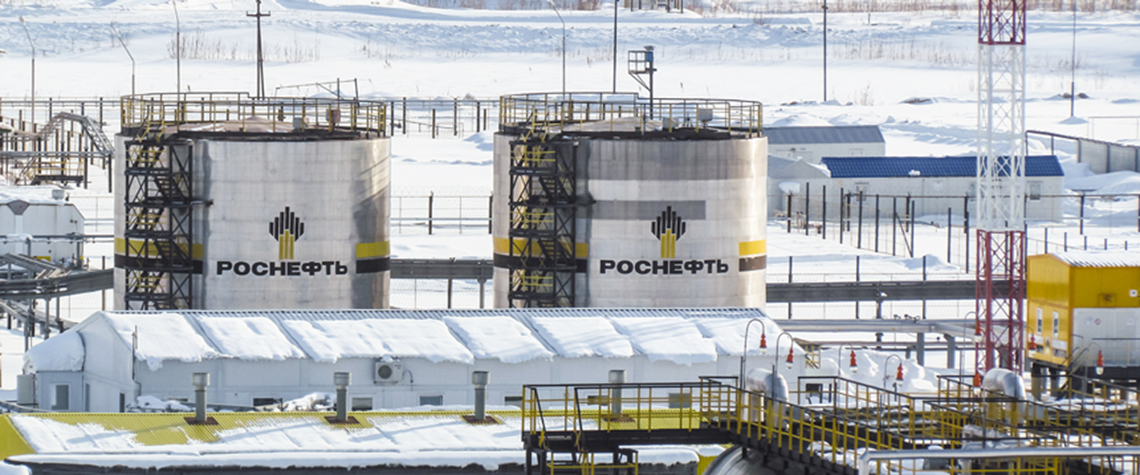BP, Equinor and Shell heap pressure on peers
The firms’ Russian exits will make remaining in the country difficult to justify for other IOCs
The decisions by BP, Shell and Norway’s Equinor to quit their Russian oil and gas businesses in response to the invasion of Ukraine have seen continuing licence to operate placed above immediate economics. It will now be very difficult for other IOCs, particularly those based in an angry and almost uniformly pro-Ukraine Europe, to resist calls for them to follow suit, even if they might be more reluctant to do so. BP will exit its stake in Russian oil company Rosneft, while Norway’s Equinor is to start withdrawing from its joint ventures (JVs) in Russia—which arose mainly from a 2012 cooperation agreement with Rosneft and had a value of c.$1.2bn at the end of 2021, according to Spanish bank

Also in this section
24 July 2025
The reaction to proposed sanctions on Russian oil buyers has been muted, suggesting trader fatigue with Trump’s frequent bold and erratic threats
24 July 2025
Trump energy policies and changing consumer trends to upend oil supply and demand
24 July 2025
Despite significant crude projections over the next five years, Latin America’s largest economy could be forced to start importing unless action is taken
23 July 2025
The country’s energy minister explains in an exclusive interview how the country is taking a pragmatic and far-sighted approach to energy security and why he has great confidence in its oil sector








